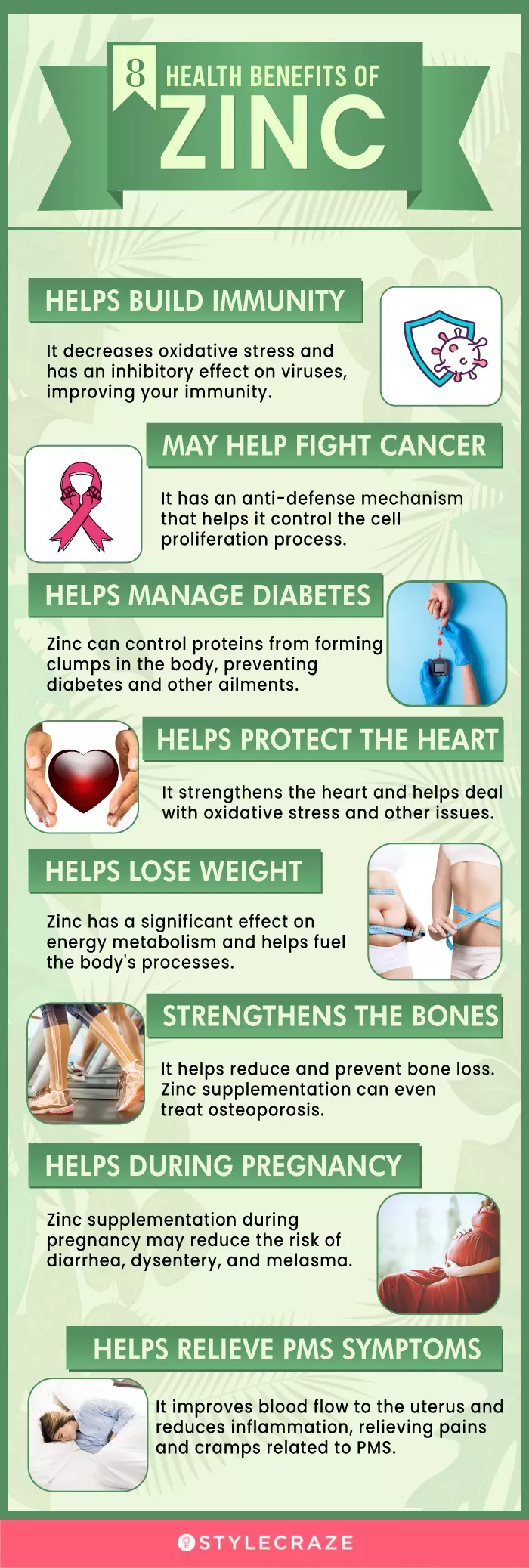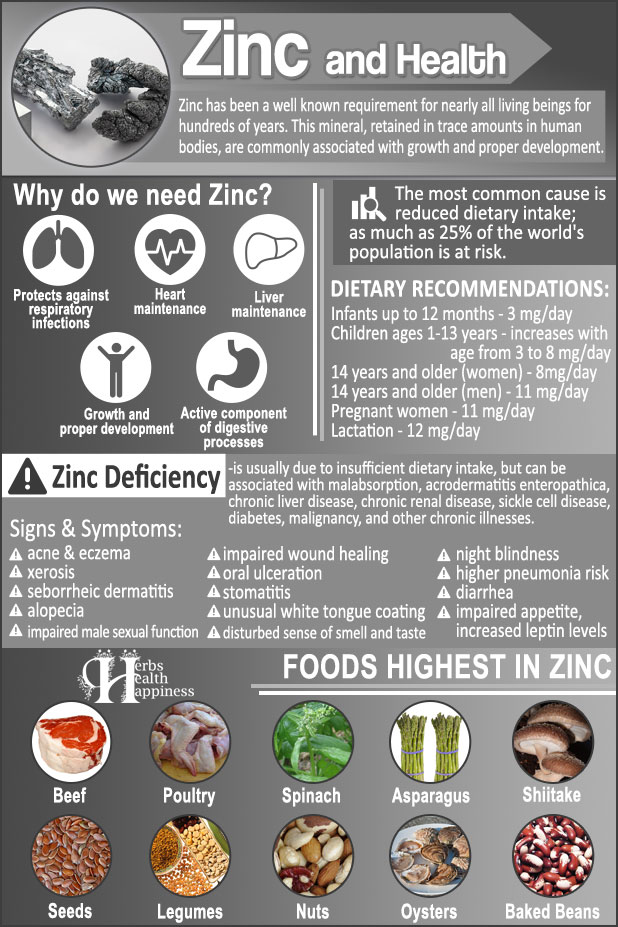Why Does Zinc Make Me Throw Up

The metallic tang lingers, followed by a wave of nausea, then the inevitable: vomiting. For many, this unfortunate sequence is directly linked to taking zinc supplements. While zinc is an essential nutrient vital for immune function, wound healing, and even our sense of taste and smell, its ingestion can trigger severe gastrointestinal distress in some individuals. But why does this happen, and what can be done to avoid this unpleasant side effect?
The core issue stems from zinc's irritant properties and its potential to disrupt the delicate balance of the gastrointestinal (GI) tract. A high dose of zinc, particularly on an empty stomach, can overwhelm the body's absorption capacity, leading to irritation of the stomach lining and triggering the body's natural defense mechanism: vomiting. This article delves into the science behind zinc-induced nausea, explores factors influencing susceptibility, and provides practical strategies for safe and effective zinc supplementation.
The Science Behind Zinc and Nausea
Zinc's role in the body is complex and multifaceted. It acts as a cofactor for hundreds of enzymes, participating in crucial biochemical reactions. However, its chemical properties can also be problematic.
When a large dose of zinc enters the stomach, it can directly irritate the gastric mucosa, the protective lining of the stomach. This irritation triggers the release of inflammatory mediators, contributing to feelings of nausea and potentially leading to vomiting.
Furthermore, zinc can interfere with the absorption of other minerals, such as copper and iron. This imbalance can further disrupt the GI tract and contribute to digestive upset.
The Dose-Response Relationship
The likelihood of experiencing nausea and vomiting from zinc is strongly correlated with the dosage consumed. The National Institutes of Health (NIH) recommends a Tolerable Upper Intake Level (UL) of 40 mg of zinc per day for adults.
Exceeding this limit significantly increases the risk of adverse effects, including GI distress. Even doses below the UL can cause problems for sensitive individuals, particularly when taken on an empty stomach.
Forms of zinc also play a role. Some forms, like zinc sulfate, are known to be more irritating to the stomach than others, such as zinc citrate or zinc picolinate.
Factors Influencing Susceptibility
Not everyone experiences nausea when taking zinc supplements. Several factors can influence individual susceptibility.
Some individuals have pre-existing gastrointestinal conditions, such as gastritis or irritable bowel syndrome (IBS), which can make them more prone to GI irritation. These conditions often involve a compromised or overly sensitive stomach lining.
Age and overall health status can also play a role. Older adults and individuals with weakened immune systems may be more susceptible to the adverse effects of zinc supplementation.
Genetic predisposition may also contribute to varying sensitivities to zinc. Research in this area is ongoing, but genetic factors are known to influence how individuals metabolize and react to various nutrients.
Strategies for Safe Zinc Supplementation
While zinc can cause nausea, it's still a vital nutrient. Here's how to minimize the risk of adverse effects:
Start with a Low Dose: Begin with the lowest effective dose and gradually increase it as tolerated. Consider a supplement with a lower concentration of zinc.
Take with Food: Consuming zinc supplements with food, especially a meal containing protein, can significantly reduce the risk of nausea. Food slows down the absorption of zinc, lessening its irritant effect on the stomach.
Choose the Right Form: Opt for zinc supplements that are gentler on the stomach, such as zinc citrate, zinc picolinate, or zinc gluconate. Avoid zinc sulfate if possible, as it is known to be more irritating.
Divide the Dose: If you need to take a higher dose of zinc, consider dividing it into smaller doses throughout the day. This can help prevent overloading the GI tract.
Consider Enteric-Coated Supplements: Enteric-coated capsules are designed to dissolve in the small intestine rather than the stomach, further reducing the risk of gastric irritation.
Consult a Healthcare Professional: Before starting any new supplement regimen, it's essential to consult with a doctor or registered dietitian. They can assess your individual needs, identify potential interactions with other medications, and recommend the appropriate dosage and form of zinc.
Looking Ahead: The Future of Zinc Supplementation
Research continues to explore optimal zinc supplementation strategies and the mechanisms underlying zinc-induced nausea. Scientists are investigating the role of gut microbiota in zinc absorption and metabolism.
Understanding how different gut bacteria interact with zinc could lead to personalized supplementation strategies that minimize adverse effects.
Furthermore, advancements in supplement formulation may yield more bioavailable and less irritating forms of zinc. Nanotechnology, for example, could be used to create zinc particles that are more easily absorbed and less likely to cause GI distress.
While zinc supplementation can be challenging for some, a cautious and informed approach can help individuals reap the benefits of this essential nutrient without the unpleasant side effects. By understanding the science behind zinc-induced nausea and implementing practical strategies for safe supplementation, it's possible to achieve optimal zinc levels and support overall health and well-being.


















